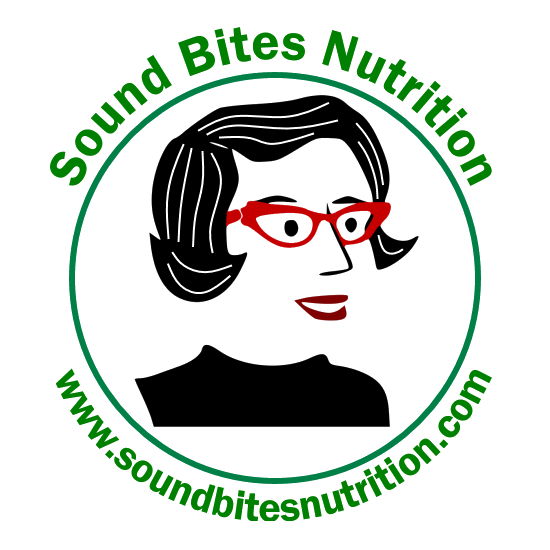Gut Instinct- Diet & IBS
It seems like the number of people complaining of IBS (Irritable Bowel Syndrome) has gone up. IBS is a condition of the large intestine (colon) that may cause pain, bloating, gas, constipation and/or diarrhea. And while IBS does not cause permanent damage to your large bowel, it can make you miserable when it flares up.Scientists recognize that stress has an impact on IBS, as well as certain types of carbohydrates. With holiday season in full swing, IBS may flare up for certain people, especially if stress isn’t managed well. Slow down this holiday season!In the past five to ten years, scientists have discovered that reducing certain types of carbohydrates may help alleviate the symptoms of IBS. These carbohydrates are known as FODMAPS. The term FODMAP sounds strange, but stands for Fermentable carbohydrates, Oligo-saccharides, Di-saccharides, Mono-saccharides and Polyols. Foods containing these types of carbohydrates may be poorly absorbed in those with IBS.Foods containing lactose (dairy) as well as high amounts of fructose (fruit) may exacerbate IBS. Gallacto-oligosaccharides in beans, lentils and soybeans may also increase gas production in the colon, exacerbating IBS. Polyols from sugar-free products (read sorbitol or mannitol, often found in gum) as well as cherries, apricots and apples may affect IBS as well. In addition, gluten (found in wheat, rye and products containing barley) may also be poorly absorbed in those with IBS.And while it pains me to have an image of “NO APPLESâ€, this is only meant for people with IBS. Below is a guide to a FODMAPS diet.Bite this:Almond, rice or soy milk. These dairy-free products are low in lactose, which appears to be poorly absorbed in those with IBS.Not that:Cow's milk. Cow's milk contains lactose, as does yogurt and ice cream. Soymilk may contain galacto-oligosaccharides, which are not absorbed well.Bite this:Green beans, kale, lettuce, spinach, tomato, zucchini, cucumbers, carrots, eggplant, Swiss chard, bok choy, bean sprouts. All are low in inulin, a substance that can increase gas and bacteria production in the large bowel.Not that:Artichoke, asparagus, broccoli, Brussels sprouts, cauliflower, garlic, onions, peppers, sugar snap peas. These contain inulin, which may promote gas production. Avoid breakfast or snack bars containing inulin or chickory root as well.Bite this:Bananas, blueberries, cantaloupe, Clementines, grapes, grapefruit, kiwi, oranges, papaya, pineapple and strawberries. These are lower in fructose.Not that:Apples, apricots, cherries, figs, peaches, mango, pears, plum, watermelon. All are higher in fructose, which may increase gas production.Bite this:Corn or rice-based pasta, corn flakes, puffed rice, oatmeal, oat bran, rice, quinoa, buckwheat, tapioca. These foods are gluten-free.Not that:Wheat, wheat bread or pasta, bran cereal, shredded wheat, rye-containing products, barley, beer. All contain gluten, a protein found to be poorly absorbed in those suffering IBS. Read the label for products containing wheat or gluten.Bite this:Cashews and pistachios. These are lowest in galacto-saccharides.Not that:Peanuts, pecans, walnuts, pumpkin seeds. The jury is still out on almonds, macadamia and other nuts. If you find that they increase your discomfort, cut them from your diet for a few weeks to see if it helps.For a more complete guide to FODMAPS, click on the link below.http://www.ibsgroup.org/brochures/fodmap-intolerances.pdf

